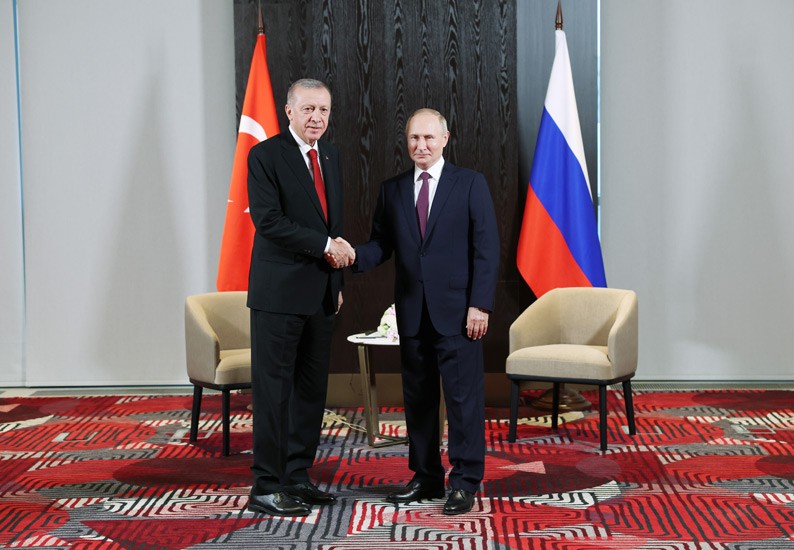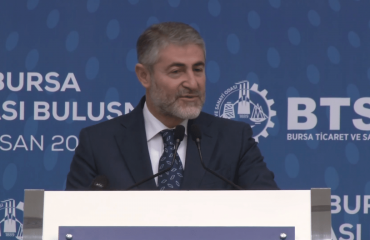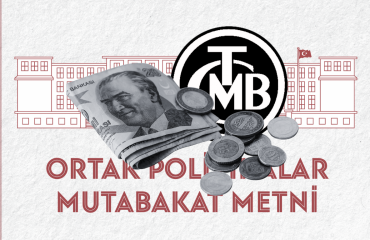

President Recep Tayyip Erdoğan with President Vladimir Putin of Russia in Samarkand for the 22nd Meeting of the Council of Heads of State of the Shanghai Cooperation Organization (SCO). (Photo: Presidency)
Turkey and Russia reached a deal over the disputed Akkuyu Nuclear Power Plant project to be constructed in Southern Turkey, Turkish media reported on Sep. 17.
“A deal has been reached regarding Akkuyu,“ Turkey’s President Tayyip Erdoğan was quoted as telling reporters following a visit to Uzbekistan for the Shanghai Summit.
Erdoğan had a meeting with his Russian counterpart Vladimir Putin on Sep. 16 during Shanghai Cooperation Operation Summit in Samarkand Uzbekistan, where number of bilateral issues discussed including grain deal and Ukraine-Russia war. Following the meeting Putin expressed Russia’s wish for “the Akkuyu project to be completed”.
Rosatom announced in Aug. that the contract with the Turkish firm IC İçtaş had been terminated with a sudden decision quoting “various violations” prompting debate over the future of the project. The Russian state-owned company signed a contract with TSM energy, of which the Russian Contractor Titan-2 is also a partner.
IC İçtaş had made two separate applications about Titan-2 to the Court of Arbitration in Geneva, arguing that the termination of the contract was a violation of the initial contract.
Two sources had told Reuters on Sep. 16 that “Turkish contractor IC Ictaş had re-captured the deal to build the plant”.
On his way back to Turkey, Erdoğan was quoted saying that two countries had reached a deal for the construction of the plant, Turkish news agencies reported.
Loan deal with Gazprombank
Middle East Eye’s Ragıp Soylu reported that Rosatom had signed a deal with Gazprombank in Aug. 3 to fund the construction of the Akkuyu.
In public announcement on Sep. 14, “Rosatom Corp published the deal signed on 3 August, which opens a line of credit to finance Akkuyu Nuclear JSC, its subsidiary in Turkey”.
“The official documents suggest the money would be used for the following: $7bn for construction and operation of a nuclear power plant at the Akkuyu site, including four power units with VVER-1200 reactors. $1.6bn for financing the acquisition and development of a uranium deposit in Kazakhstan. $500m for financing expenses for the acquisition and development of lithium assets.
“The draft deal published in July included a special section suggesting that the intended use of the credit line would be “temporary placement in deposits, purchase of dollar bonds of the Ministry of Treasury and Finance of the Republic of Turkey”.


